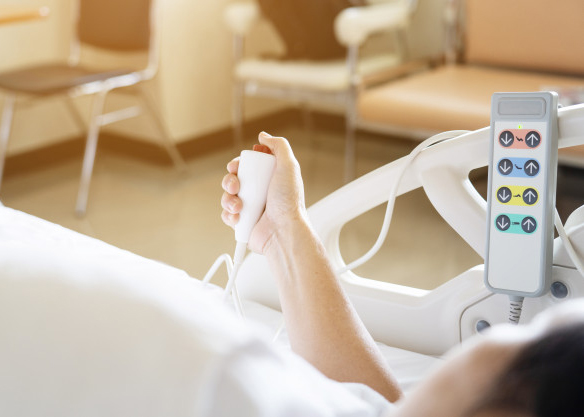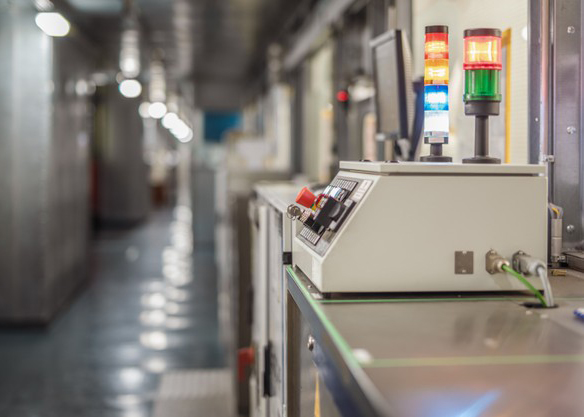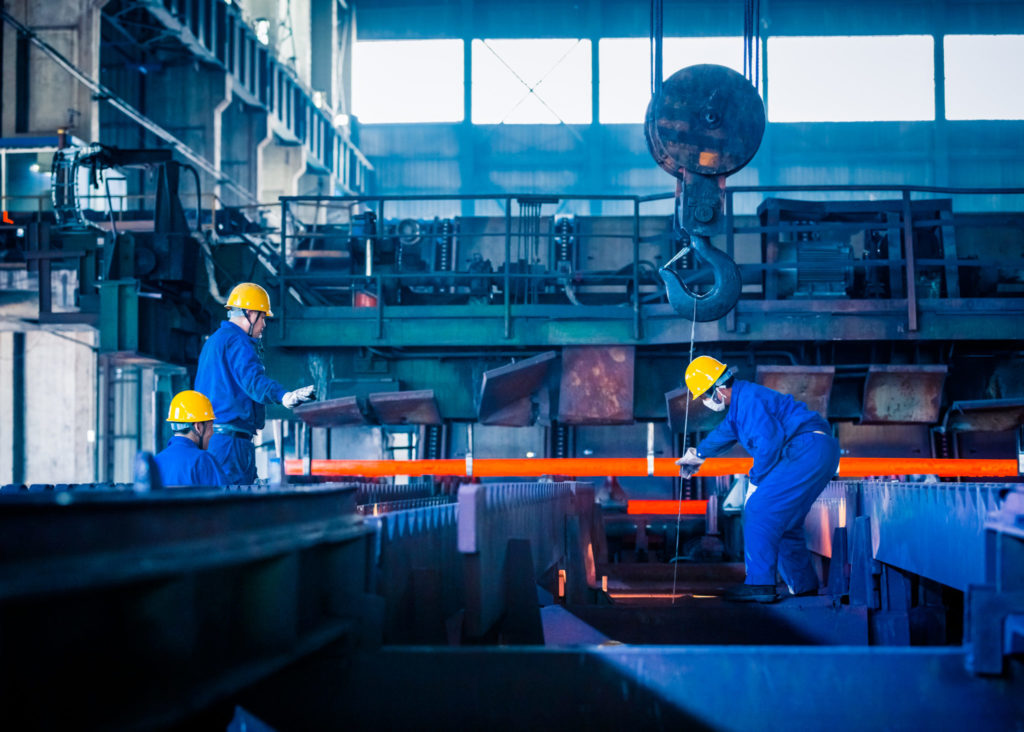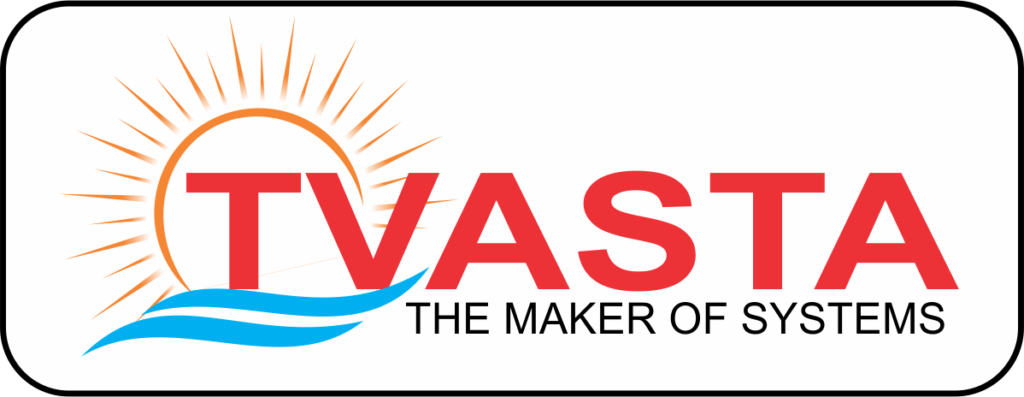Tvasta Calling & Industrial automation
Industries use ever-changing technologies in control systems for efficient production or manufacturing processes to solve automation and control concerns. This necessitates the use of high-quality, dependable control systems. The latest control devices and communication protocols for controlling field devices such as control valves and other final control elements are among the current advancements in industrial automation. Some smart gadgets or instruments used in the automated industry have the ability to regulate processes and communicate without requiring the usage of additional field-level control devices such as PLCs.
Industrial automation is the use of various control devices, such as PCs, PLCs, and DCS, to automate various operations in an industry without requiring considerable human intervention and to deliver automatic control performance. Control methods in industries employ a set of technologies that are deployed to achieve the intended performance or output, making the automation system critical for businesses.
Advanced control strategies such as cascade controls, modern control hardware devices such as PLCs, sensors and other instruments for sensing control variables, signal conditioning equipment to connect signals to control devices, drives and other significant final control devices, standalone computing systems, communication systems, alarming, and HMI are all used in industrial automation.
The industrial automation structure explains the many stages of operation. Sensor level, automation control level (unit, cell, process controls), supervisory level, and enterprise-level are some of the options. The pyramid structure suggests that information is accumulated as you move up the tip and dissolved as you move down. This means that the detailed information for a certain variable will be found at the bottom. Industrial automation does not imply that all levels are automated, such as the company level.
The sensor layer is also known as the process layer. It collects the values of process variables in a continuous or periodic manner using sensors and actuators. These serve as the industrial processes’ eyes and arms. Pneumatic instruments, smart instruments, and other instruments are examples of these.
PCs, PLCs, DCS, and other industrial control devices are used at the automation control level or control layer. To regulate the process, this level makes use of various embedded processors and PID algorithms.
The use of control systems, such as computers or robots, and information technology for managing various processes and pieces of machinery in an industry to replace a human being is known as industrial automation. It is the next step in the industrialization process after mechanisation.

The Medicare Nurse Call System’s dependability and simplicity will give you peace of mind. The Nursecall series for care homes offers the most cutting-edge technologies in the market. Staff attendance and identity are provided using Medicare’s iButton. Medicare can design the ideal nurse call system for your facility, providing ease and peace of mind to your employees and residents.
Our innovative technology has been proven to work in the most difficult building situations, responding to the needs of various care settings. For optimum visibility and ease of use, each nurse call point is enclosed in a distinct, attractive shell.

Our solution is based on the installation of wireless transmitters and receivers in order to establish a quick and effective means of communication, to solve mechanical problems, request storage, security issues, defective products, maintenance, and material provision.A receiver clock, LED screen, or lights will be given to supervisors, line managers, or warehouse managers. To identify the site from where the call is made, all transmitters are encoded with four alpha-numeric digits.

Hotels and resorts are customer-focused establishments. Higher earnings come from better service. A satisfied customer is more likely to return. It’s never too late to get better!
It can be as simple as implementing a new calling mechanism to get things done more effectively and efficiently. Aidbell is a great tool for controlling guest experience.With the touch of a button, your guests can request assistance from our wireless calling system. Your guests can feel certain that any problem will be addressed in a timely way thanks to various alerts.
